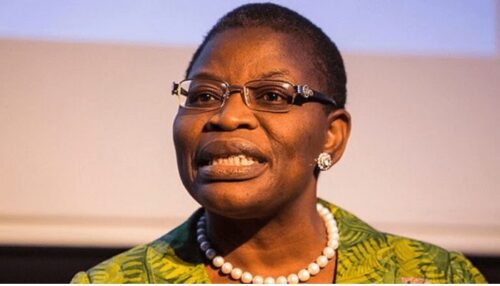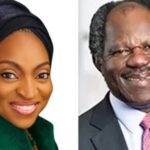In response to Nigeria’s growing education crisis, several prominent figures, including 2023 Labour Party presidential candidate Peter Obi and former Minister of Education Obiageli Ezekwesili, have called for the expansion of online universities. They believe this approach will provide greater access to higher education for millions of Nigerians who currently face limited opportunities due to capacity constraints in traditional institutions.
Speaking at the 2024 Nexford University graduation ceremony in Lagos, the leaders highlighted how online learning is being embraced globally to bridge educational gaps. They stressed that scaling up online universities in Nigeria is essential for transforming the nation’s education landscape and ensuring that quality education reaches more people.
The Need for Online Education in Nigeria
Nigeria’s higher education institutions currently struggle with overwhelming demand, as the available slots in universities fall far short of the number of applicants each year. According to the National Universities Commission (NUC), only about 700,000 students can be accommodated annually, leaving over a million others without access to tertiary education.
Peter Obi, while addressing the gathering, emphasized that online education is a practical and scalable solution to this challenge. He pointed to successful models in countries like Pakistan, India, Turkey, and Bangladesh, where online universities have enrolled more students than Nigeria’s entire higher education system combined.
“We must embrace online education as a means to provide continuous learning opportunities for our citizens,” Obi stated. “Education remains one of the most powerful tools for national development, and we cannot afford to leave millions of young people behind.”
Ezekwesili Advocates for Strategic Educational Reforms

Obiageli Ezekwesili, CEO of Human Capital Africa and former education minister, underscored the importance of equipping Nigerian youth with globally competitive skills. She highlighted Africa’s youthful population, with an average age of 18.9 years, compared to the global average of 33, and stressed that this demographic advantage could make Africa the world’s workforce powerhouse by 2050.
She pointed out that the kind of education offered by Nexford University aligns with the demands of the modern economy, covering areas such as artificial intelligence, cybersecurity, blockchain fundamentals, leadership, and communication skills.
“With Africa poised to provide 85% of the world’s growing workforce by 2050, investing in scalable, technology-driven education is non-negotiable,” Ezekwesili stated. “However, it must be affordable and accessible to all, given the economic realities of our population.”
Technology as a Catalyst for Education Advancement
Olatunbosun Alake, Lagos State Commissioner for Innovation, Science, and Technology, echoed the sentiment, stating that online education has revolutionized learning and improved educational outcomes. He emphasized the Lagos State government’s commitment to supporting technological advancements in education, recognizing their potential to drive economic transformation.
Nexford University’s CEO, Fadi Al Tarzi, also shared insights into how the institution integrates artificial intelligence into its curriculum to prepare students for the future job market. According to him, nearly 40% of Nexford’s graduates have studied AI-related courses, which positions them competitively in the evolving global economy.
“We founded this university with a mission to provide economic mobility without requiring people to leave their home countries,” Tarzi said. “Our goal is to equip students with the right skills to access job opportunities globally while contributing to their local economies.”
The Way Forward
With Nigeria’s education crisis deepening, experts argue that expanding online learning platforms can bridge the gap and create a more inclusive education system. Stakeholders continue to call on the government and private sector to invest in digital learning infrastructure, policy support, and public awareness to maximize the potential of online education.
The message from thought leaders like Obi and Ezekwesili is clear—online education is no longer an alternative but a necessity to meet the growing demand for quality tertiary education in Nigeria.

